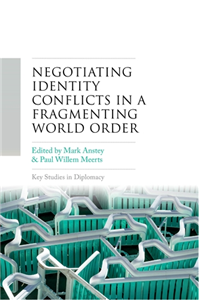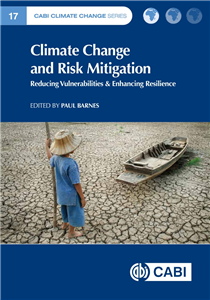Food, risk and politics
Scare, scandal and crisis - insights into the risk politics of food safety
by Ed Randall
This is a book about the risk politics of food safety. Food-related risks regularly grab the headlines in ways that threaten reasoned debate and obstruct sensible policy making. In this book, Ed Randall explains why this is the case. He goes on to make the case for a properly informed and fully open public debate about food safety issues. He argues that this is the true antidote to the politics of scare, scandal and crisis. The book skilfully weaves together the many different threads of food safety and risk politics and offers a particularly rewarding read for academics and students in the fields of politics and media studies. It will also appeal to scholars from other disciplines, particularly social psychology and the food sciences. The book is a lively and exceptionally readable account of food safety and risk politics that will engage policy makers and the general reader. It promises to help us all manage food safety issues more intelligently and successfully. ;

























